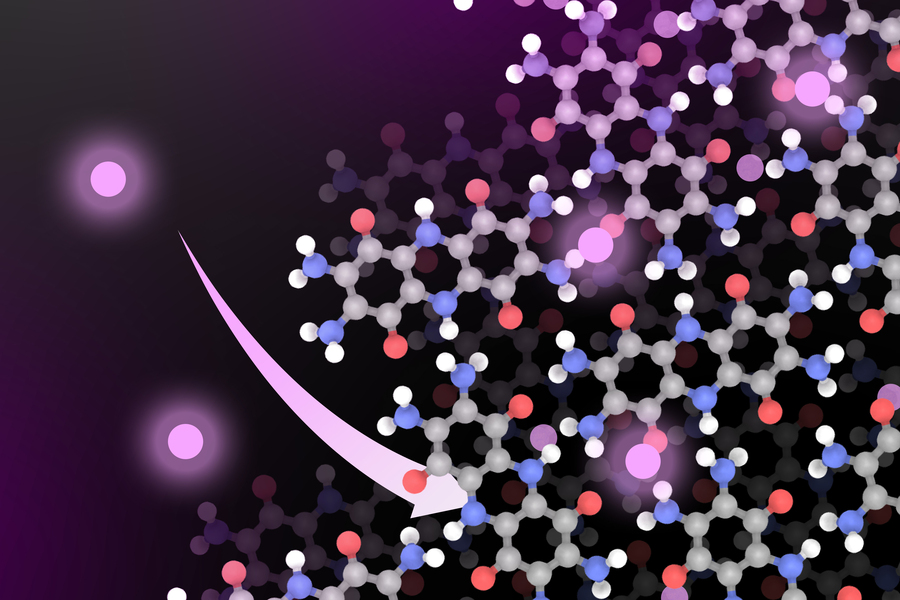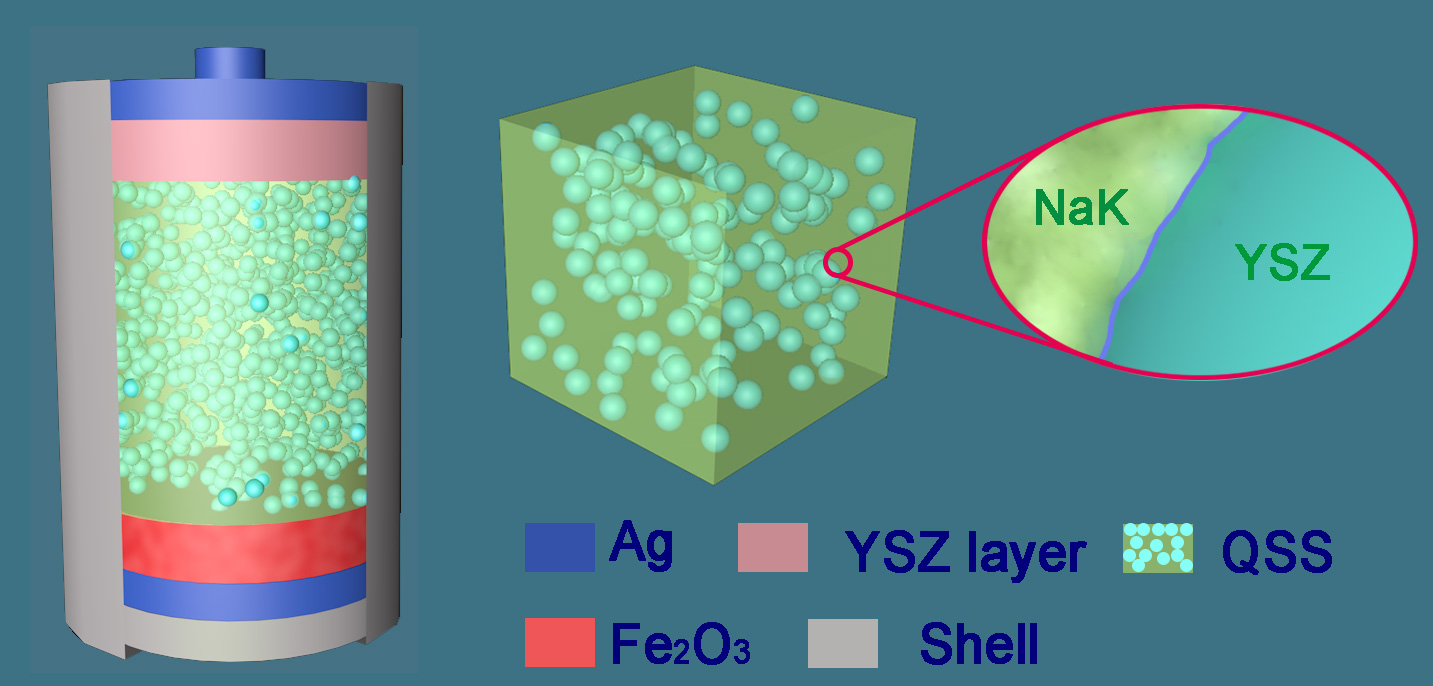
Credits:Image: Courtesy of the researchers. Edited by MIT News.
Many electric vehicles are powered by batteries that contain cobalt—a metal that carries high financial, environmental, and social costs.
MIT researchers have now designed a battery material that could offer a more sustainable way to power electric cars. The new lithium-ion battery includes a cathode based on organic materials, instead of cobalt or nickel (another metal often used in lithium-ion batteries).
In a new study, the researchers showed that this material, which...
Read More









Recent Comments